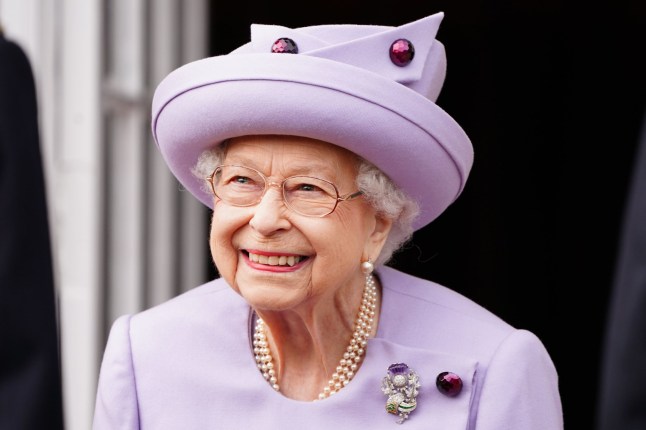A proposal to erect a £46 million statue of Queen Elizabeth II has come under scrutiny from critics who called it a “horrendous waste of money” given the current economic difficulties facing many British residents, the British government’s press office said on its website.
The cost of the statue is estimated to be equivalent to the salaries of more than 1,000 National Health Service (NHS) nurses, which has prompted calls for the royal family to cover the cost.
Republican pressure group, Republic, has been vocal in opposing the taxpayer-funded project. Graham Smith, the group’s chief executive, condemned the royals for their perceived financial dependence on public funds. Smith said in a statement:
“The royals never pay for anything. It’s just take, take, take. We spend over half a billion pounds on the monarchy every year. We allow them to avoid paying taxes and provide Charles and William with personal incomes of more than £23 million each. Yet, when they want a statue to the Queen, they expect the taxpayer to foot the bill. This has to stop. They can pay for their own statue.”
Smith argued that the statue had no public support and no tangible benefit to the nation, especially at a time when essential public services are struggling. He said:
“There is no public demand for this statue. Support for the monarchy has fallen sharply, and interest in it is low. The UK continues to suffer appalling levels of poverty while our NHS and schools are starved of funding. Yet time and again the royals demand more and more money from the taxpayer.”
Republic’s criticism is backed up by their recent report “Half a Billion Pound Royals” which details the monarchy’s financial burden on British taxpayers. It states that public funding for the royal family exceeds £500 million a year.
Smith demanded wider changes. He said:
“The royals hold the British public in contempt. It’s time we returned the favour and abolished the monarchy.”
Republic, a non-partisan group with more than 130,000 members, favours abolishing the monarchy and establishing a directly elected head of state.
The group argues that such a system would ensure better accountability and representation of the British people.
The government said the cost is preliminary and could change as the project progresses, including upwards.
